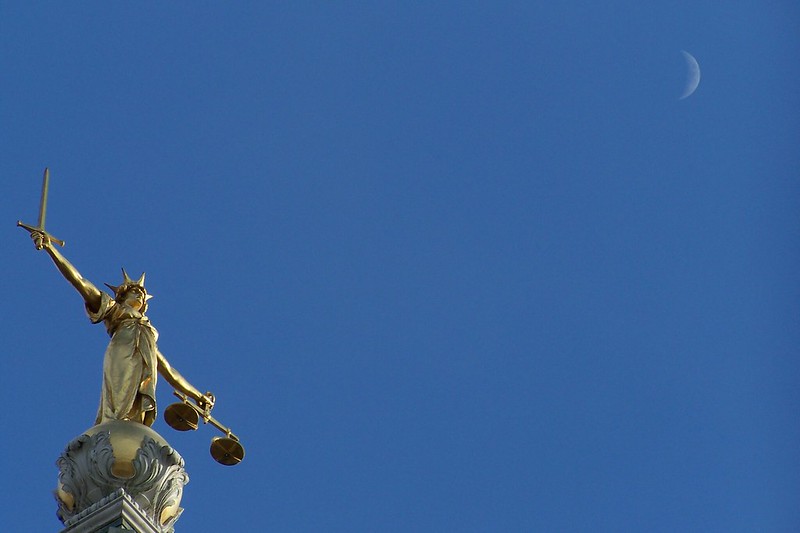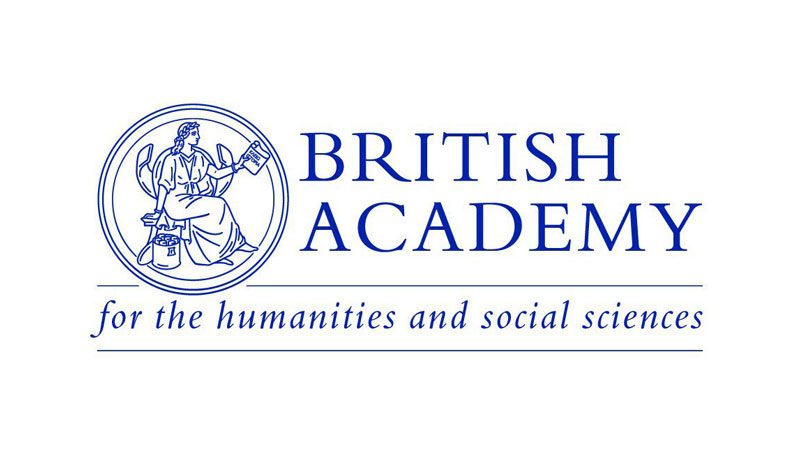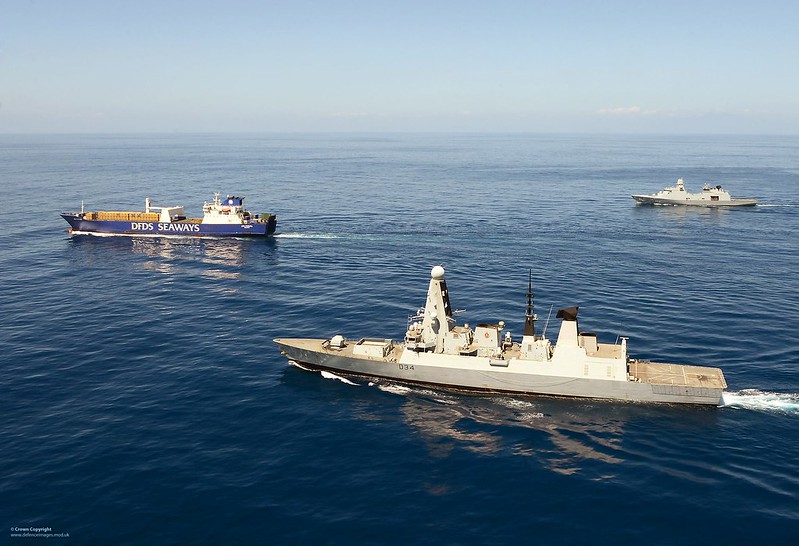Peter Sutch, Cardiff University
The importance and complexity of our political, economic and environmental relationship to the sea makes the evolution of a contemporary normative vision of the maritime essential. We need Blue Justice for the blue economy and for the increasingly contentious politics of the maritime. In this blog I want to make a plea for a renewed political theory of the Maritime – A second Grotian moment that generates a Mare Iustitia rather than a Mare Liberum.
In a recent and fascinating piece on this website, Barry J. Ryan urged a critical engagement with the sea and its architecture of freedom and argued persuasively for a normative vision for the sea. Because readers of this blog will have access to that work I want to start there and begin to outline the contours of blue justice. Barry Ryan took the tensions between the freedom of the sea and the idea that the sea is the common heritage of mankind (as well as our outdated distinction between politics on land and politics at sea) as the starting point for his critical and normative argument. He also showed how powerful states carve up this common heritage securing for themselves, rather than mankind, the commercial and military benefits of our common freedom of the sea. We can learn a lot from this – we clearly need normative principles that encourage us to pursue activities in the maritime with at least some concession to the common good. But the foundations of blue justice are such that determining the common good is even more complex than this suggests. The multiple and fragmented legal frameworks that apply to the sea divide the maritime as much as the freedom grabbing of littoral states.



